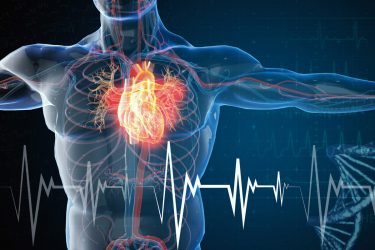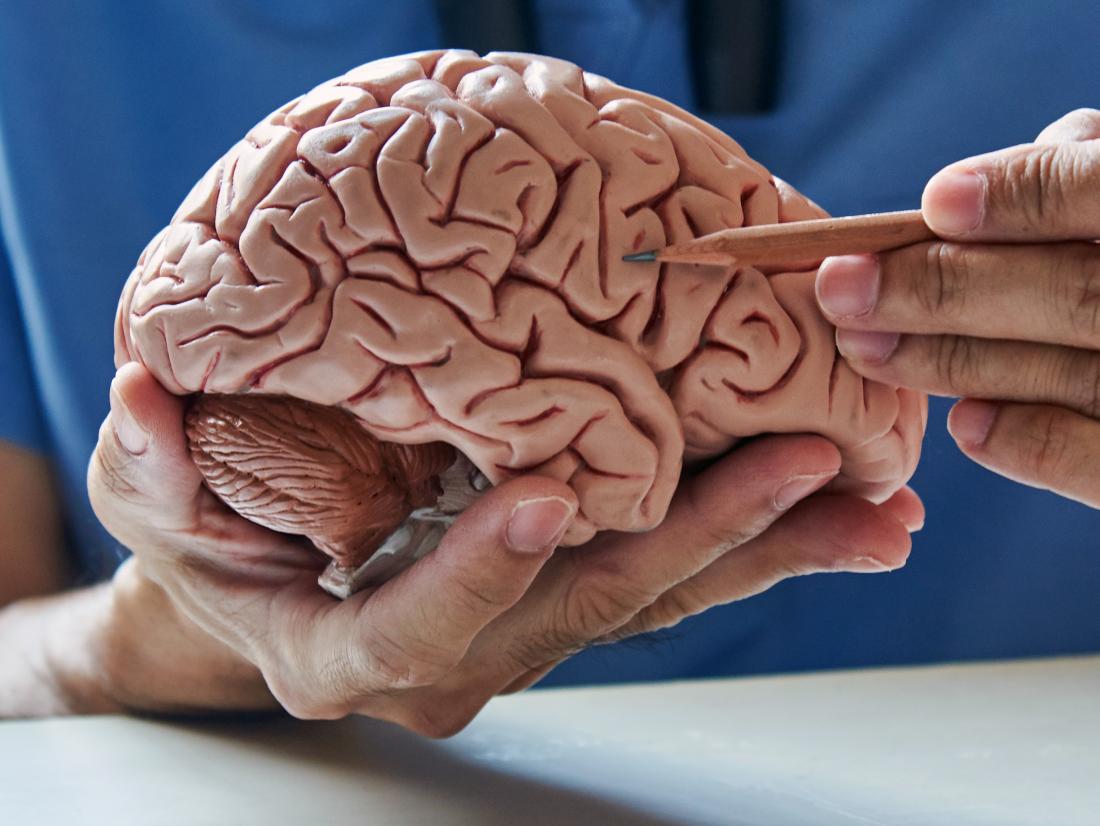A group spearheaded by MGH (Massachusetts General Hospital) investigators has discovered that activity of an essential signaling pathway elevates with heart failure and with aging. In their report posted in Science Translational Medicine, they show proof from both animal models and humans that augmented ActRII (activin type II receptor) activity correlates with deteriorating heart failure and that reducing ActRII can enhance mouse models’ cardiac function.
“Age has long been seen as one of the primary, if not the main, risk factor for heart illness, but why is not recognized,” claims lead author of the report and MD at MGH for the Corrigan Minehan Heart Center, Jason Roh, to the media in an interview. “Our results recommend that the ActRII pathway plays a primary role in the intersection between heart disease and aging and that lowering it can provide much-required new treatment plans for heart failure, a lethal disorder that is also the leading cause of hospitalization for aged adults.”
On a related note, an unanticipated discovery that connects gene regulation after heart stress to a structural heart protein recommends possible new areas for improving heart failure treatments. The work spearheaded by heart researcher at University of Iowa, Long-Sheng Song, aims on a protein dubbed as JP2 (junctophilin-2). Earlier work from Song’s laboratory has displayed that JP2 is a structural protein that is important for heartbeat, and that disruption or loss of JP2 is linked with failure of heart.
The new research performed in mice and posted online in the Science journal shows that below stress conditions, JP2 is divided into two parts. This fragmentation of JP2 harms the structural manner of the cells and disturbs the function of heart cell. The new research’s surprising discovery is that one of the newly made fragments of JP2 defends the heart from being damage by flowing to the nuclei of heart cells and switching off the expression of genes that leads to failure of heart.
###








